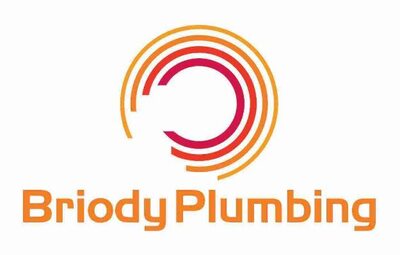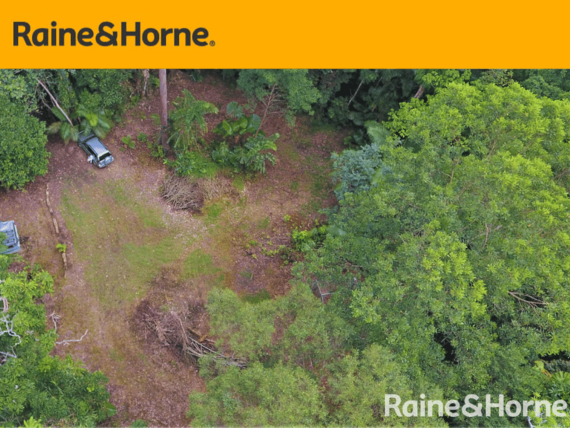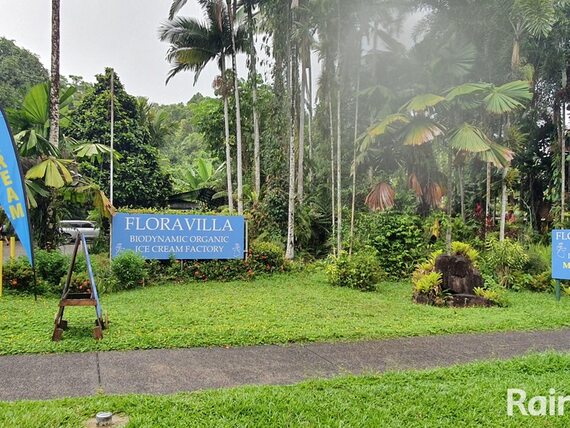OPINION: Integrity and trust will be key election issues
Opinion

At the beginning of the 2004 election campaign, John Howard asked, “Who do you trust?” At the upcoming election, it is hard to imagine Scott Morrison appealing to voters on the same basis.
Howard won five seats from Labor and a fourth term. He had said: “This election is about trust.” And, looking at then Labor Leader now One Nation MP Mark Latham, the voters answered.
Increasingly, the next election looks like it will be about trust and integrity, whether Morrison likes it or not. And given the past week’s Pandora Papers revelations and discussion over the role of state anti-corruption bodies, the answer to that is probably not.
Morrison promised in the lead-up to the 2019 election to establish an anti-corruption body. That promise looks like being broken.
The model he and former Attorney-General Christian Porter proposed has been roundly condemned as too weak and constrained. It would not act independently nor have hearings in public and would be limited to complaints channelled through departmental heads and parliamentarians. Think foxes and hen houses.
Meanwhile, grants based on unaccountable ministerial discretion and contracts signed without proper tendering result in large sums of government money sloshing through to marginal seats, corporate donors, and favoured consultants. The sports rorts and carpark rorts, as exposed by the Audit Office, are just the visible tip.
This is money that would be better spent on public schools and hospitals.
The Coalition has also broken a promise to set up a Register of Beneficial Ownership. Such a register would reveal the individuals behind the layers of corporate shells holding large amounts of real estate and shares.
That promise was made five years ago when the Panama Papers revealed elaborate ways that wealthy people can use to hide money in out-of-the-way jurisdictions beyond the reach of taxing authorities.
This week’s Pandora Papers show that nothing has changed. Sorry, let’s correct that. Things have changed. They are now much worse.
Both major parties have failed to deliver on promises to require real-estate agents, lawyers and accountants to report suspicious dealings. At present only casinos and banks have to. (And banks have been hopelessly slack about it, as the Royal Commission revealed).
But the real-estate industry and the big consulting accounting-legal firms have powerful lobbyists working for them to persuade governments to sit on their hands.
Meanwhile, billions of dollars of suspect money pours into Australian real-estate markets, driving up prices and excluding first home-buyers.
The failure of the Government to deal with corruption is hitting home, literally. And, as in the case of corruption around the world, those at the lower end of the income scale suffer, paying more tax and receiving poorer services than they otherwise would.
Hiding true ownership to evade taxes goes back a long way. In 1535 Henry VIII forced through the Statute of Uses. A “use” or “trust” was a legal device where property was owned by one person for the benefit of another (the beneficiary).
The beneficiary could thus hide and avoid taxes. That is why Henry abolished them. But they came back – hiding wealth and splitting income to reduce or avoid taxes.
Of course, the wealthy have always used part of their wealth to pay skilled accountants and lawyers to avoid tax.
But taxing authorities are not helpless, given some political will – especially with the help of modern computing.
We should tax wealth, especially property which cannot be moved. We should tax large transactions, even if at a very low rate. We should hit the tax-avoiding cash economy.
The Black Economy Taskforce reported in May 2018. It did not go far enough. There is supposedly a $10,000 limit on cash transactions in Australia. But how can it be policed? Transactions can be split up.
The answer is to make physical cash transactions of any significance impossible by eliminating the $100 note, then the $50 note and perhaps even the $20 note. Give people a year to covert to lower denominations.
A bank note weighs about a gram. With the $100 note you can pack about $200,000 into the size of a ream of A4 paper – awkward, but manageable. To do that with $10 notes you would need 10 reams’ worth.
You would need a near impossibly bulky 1000 notes to deliver $10,000 in $10 notes. Transactions would have to go through bank accounts under the eye of the ATO.Taxing transactions should be possible.
The ATO can automatically record every interest payment on every bank account and pre-fill your tax return accordingly.
Why can’t all large transactions (say, over $10,000 or $50,000) attract a small tax?On wealth taxes, real estate values are assessed for rates, so should be ripe for a federal property tax.
NSW is moving that way combined with a gradual reduction in stamp duty. So, it can be done.
Moreover, people who have accumulated property whose value is forever rising would have to pay annually, not just on the capital gains on sale.Without better integrity measures, government revenue is lost – revenue desperately needed for health, education and welfare, as the pandemic is starkly illustrating.
When “opening up” causes inevitable extra strain on public hospitals, this loss of revenue will become a matter of life and death. Howard was right to say that the 2004 election was about trust, because all elections are about trust.
Howard also asked: “Who do you trust to keep the budget in surplus so we have more money to spend on health and education?”On this he was misguided.
It is not a budget surplus that provides more money for health and education. Rather it is effective revenue raising and not wasting government money on opaque, uncompetitive consultancies for a favoured few or squandering on unmeritorious grants in marginal seats.
Put that way, would you trust a government that refuses to set up an independent anti-corruption body to weed out the practices which are indirectly starving our hospitals of the money they will need to meet the impending covid onslaught?
--------
Crispin Hull is a current columnist and the former Editor of the Canberra Times.
Thank you!
Newsport thanks its advertising partners for their support in the delivery of daily community news to the Douglas Shire. Public interest journalism is a fundamental part of every community.
Got a news tip? Let us know! Send your news tips or submit a letter to the editor here.
* Comments are the opinions of readers and do not represent the views of Newsport, its staff or affiliates. Reader comments on Newsport are moderated before publication to promote valuable, civil, and healthy community debate. Visit our comment guidelines if your comment has not been approved for publication.


















